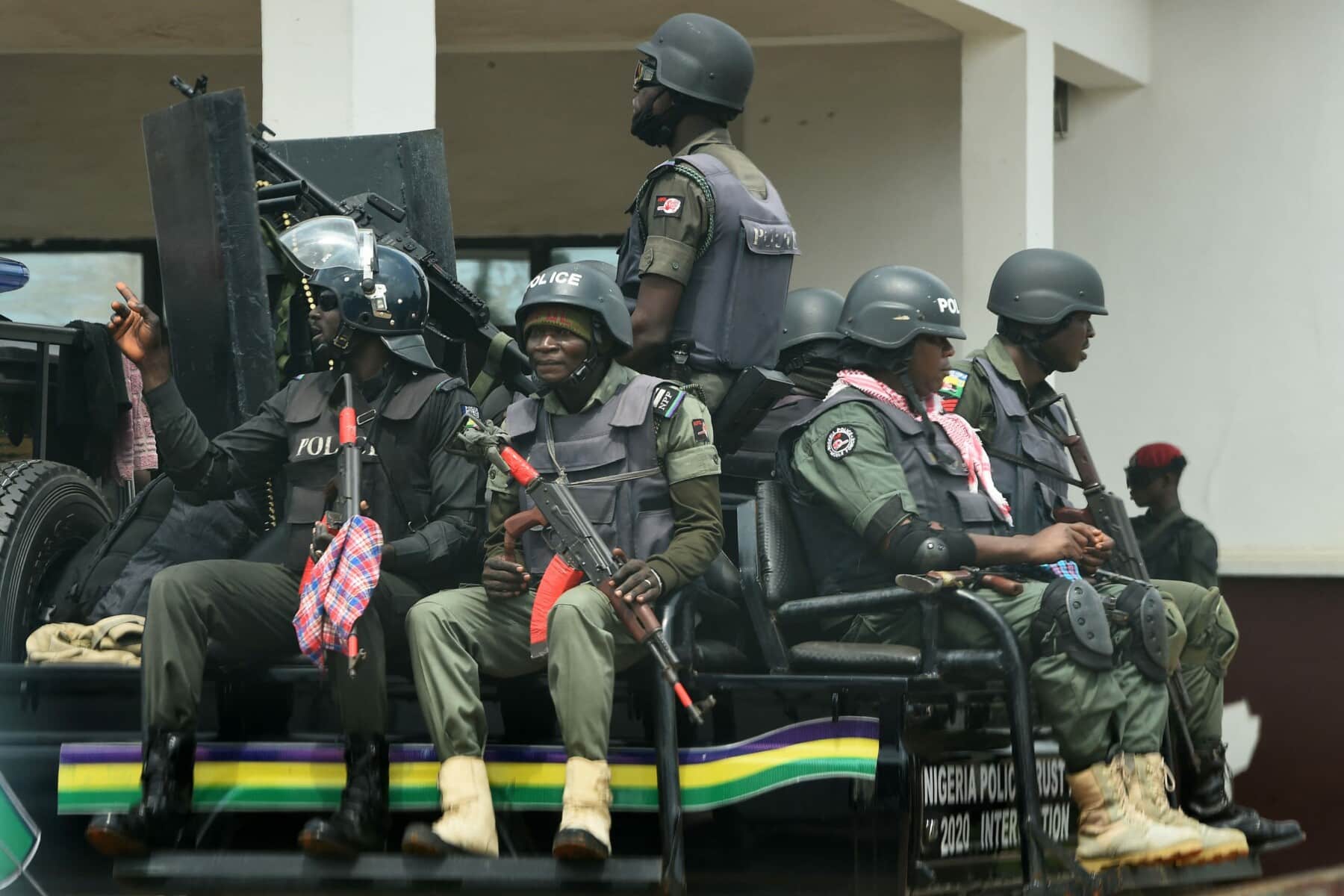In a landmark move, the Nigerian House of Representatives passed a bill authorizing the creation of state-controlled police forces.
This historic decision, aimed at curbing the nation's rampant security challenges, grants governors the power to appoint commissioners.
Current Crisis Demands Change:
Nigeria grapples with kidnappings, banditry, and other violent crimes, leaving citizens feeling unsafe.
Though federal police conduct various operations, the crime wave persists. Recognizing the urgency, lawmakers championed the state police bill.
Key Provisions:
- Power Shift: The bill transfers 'police' from the exclusive federal list to the concurrent list, empowering states to establish their own forces.
- Cohesion & Standards: A comprehensive framework ensures coherence, accountability, and uniform standards across federal and state police.
- Safeguards: Rigorous measures prevent unwarranted federal interference, emphasizing collaboration and intervention only under defined circumstances.
- State Police Service Commissions: Distinct entities from the federal commission, handling their matters.
- National Police Council: Re-calibrated to include state police commission chairs, reflecting federal-state collaboration.
- Financial Support: Recognizing potential financial burdens, the bill allows federal grants or aid, subject to National Assembly approval.
- Commissioner Appointment: Governors appoint commissioners, upon recommendation by the federal commission and state assembly approval.
- Removal Process: Governors can remove commissioners, based on the federal commission's recommendation and two-thirds state assembly approval.
- Armament: They can bear arms as determined by the National Assembly.
Comprehensive Reform:
The bill proposes 18 amendments to various sections of the constitution, covering state police establishment, functions, and operational details.
Federal Role Defined:
The federal police retain responsibility for national security and public order, intervening in state matters only under exceptional circumstances, such as a complete breakdown of law and order.
Concerns & Support:
While some lawmakers worry about potential financial burdens and abuse of power, others see state police as crucial for effective security and closer community policing.
Next Steps:
The bill now moves to the Senate for consideration and, if passed, requires approval from at least 24 State Houses of Assembly before becoming law.
This bold initiative could mark a turning point in Nigeria's security landscape. Only time will tell if they will deliver the peace and security Nigerians yearn for.




















